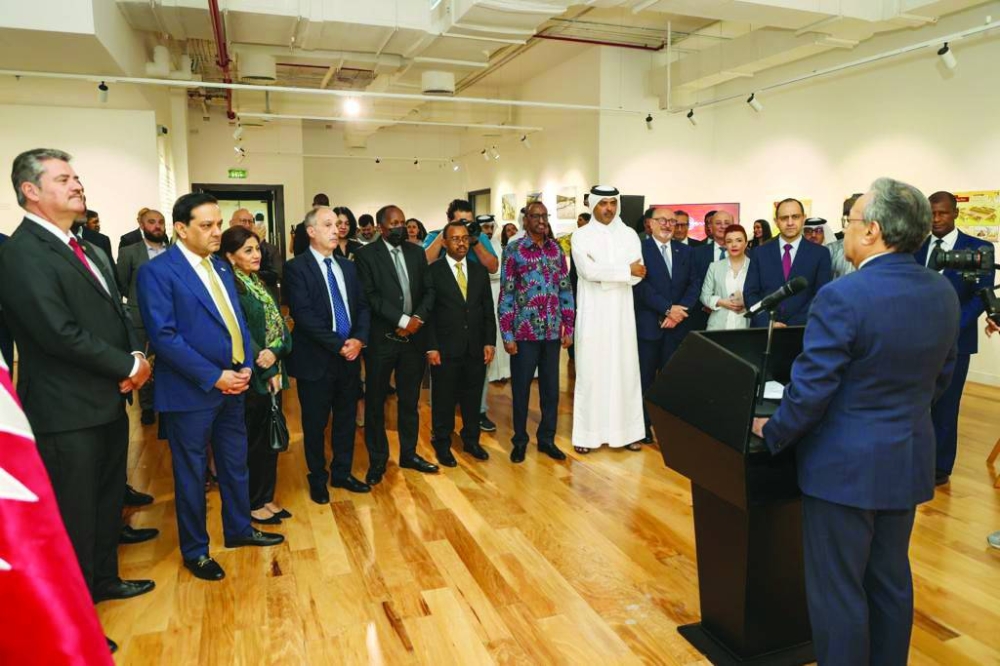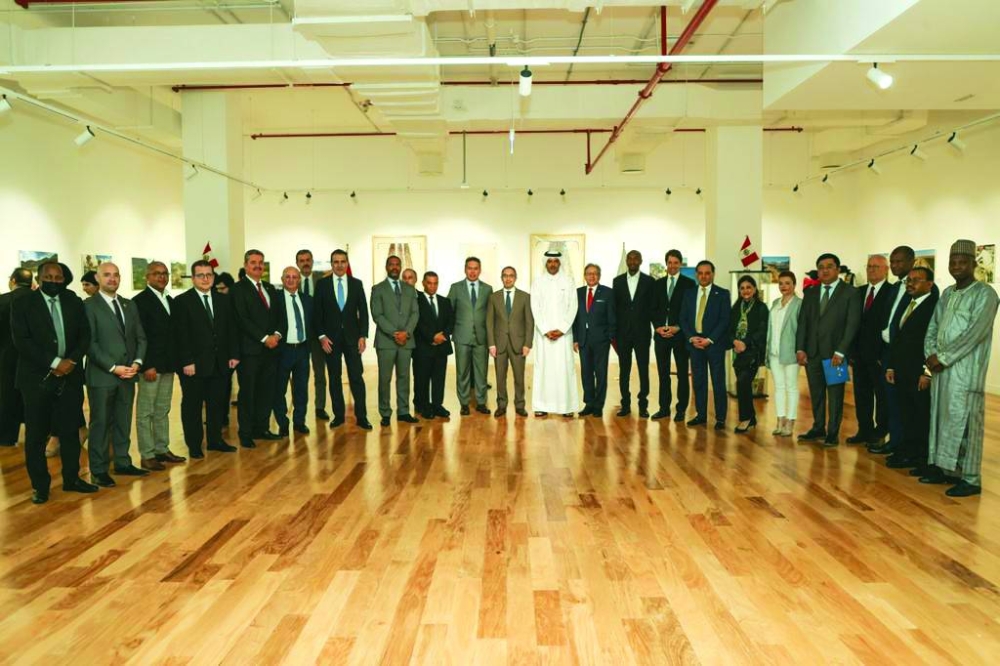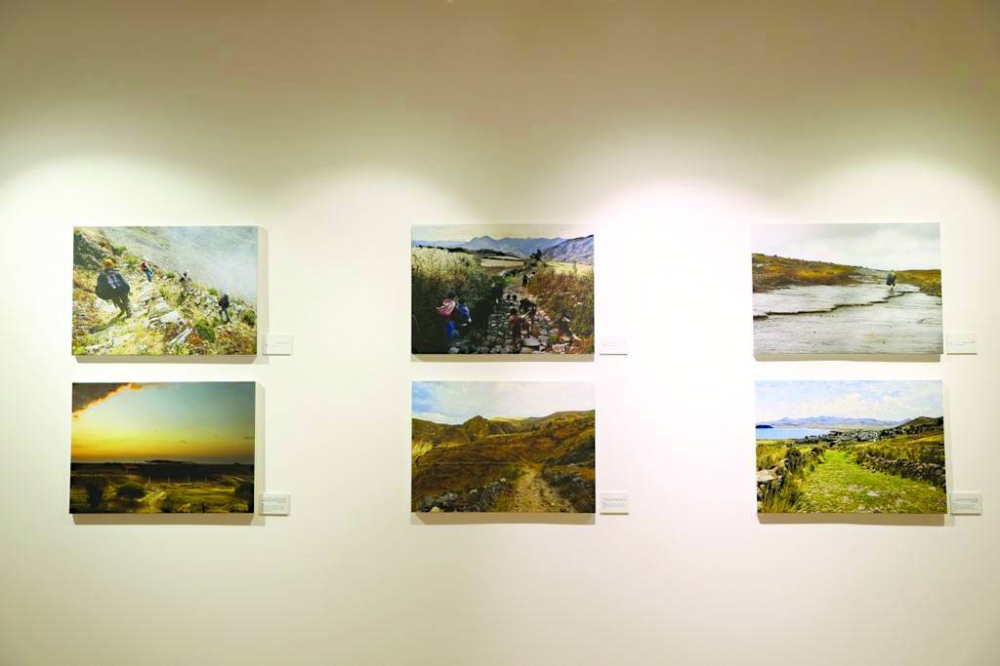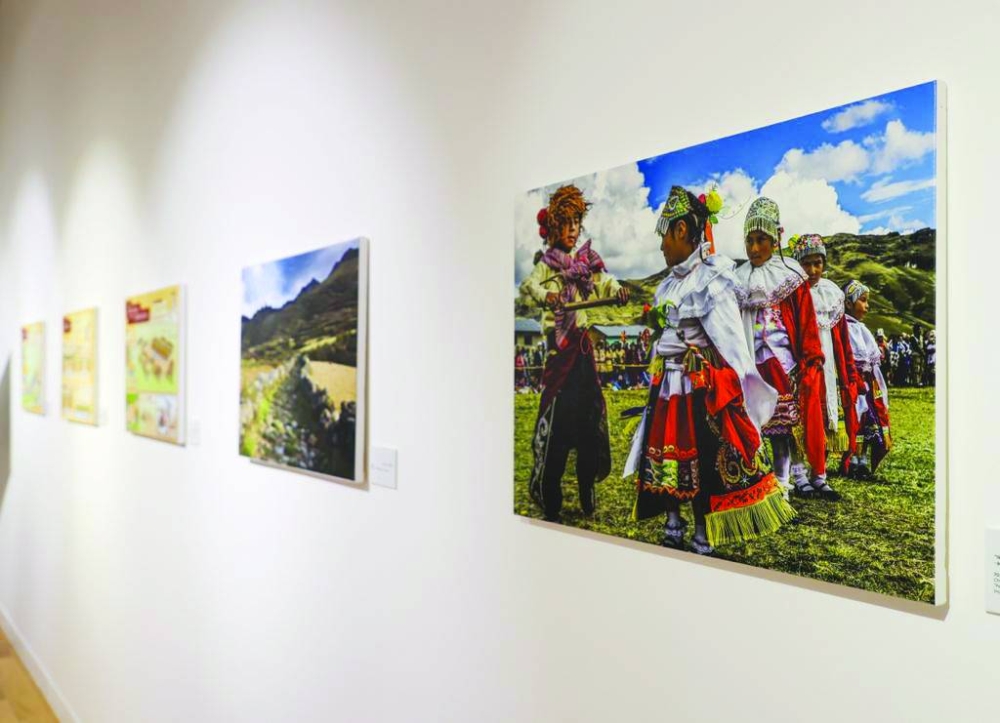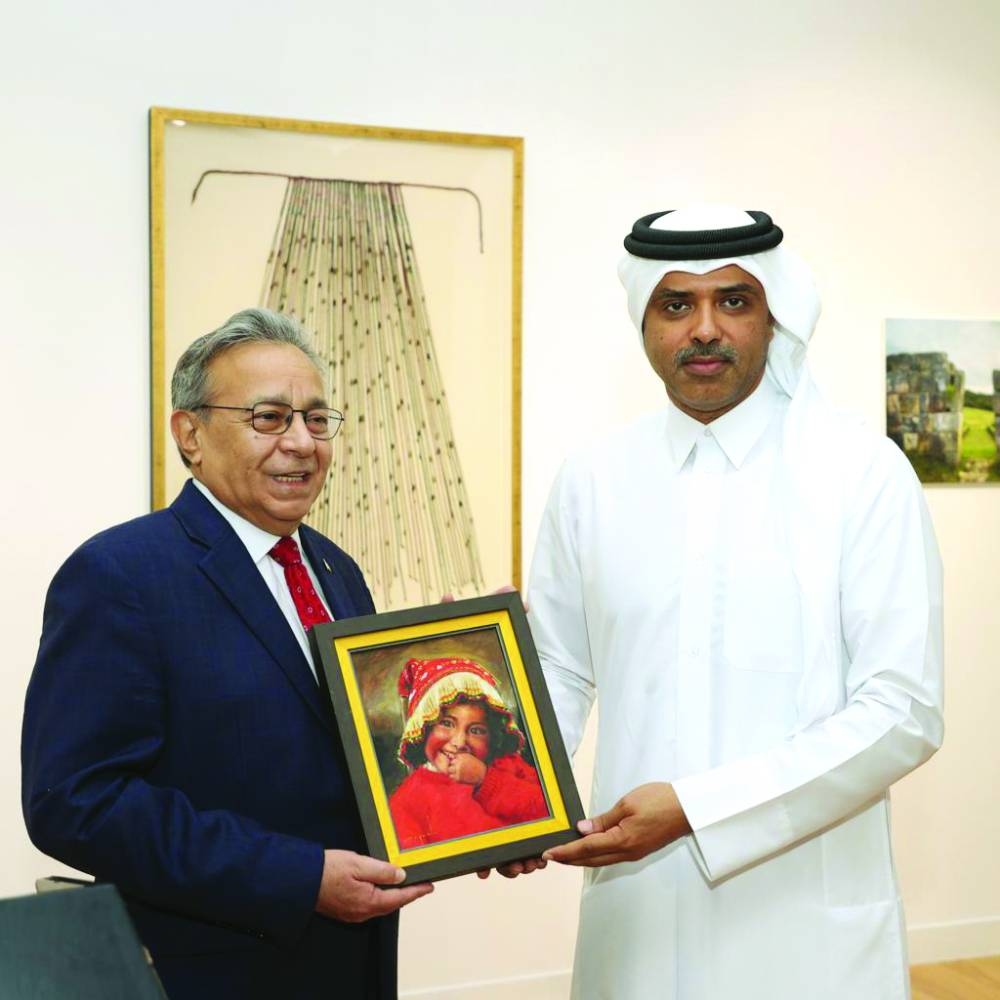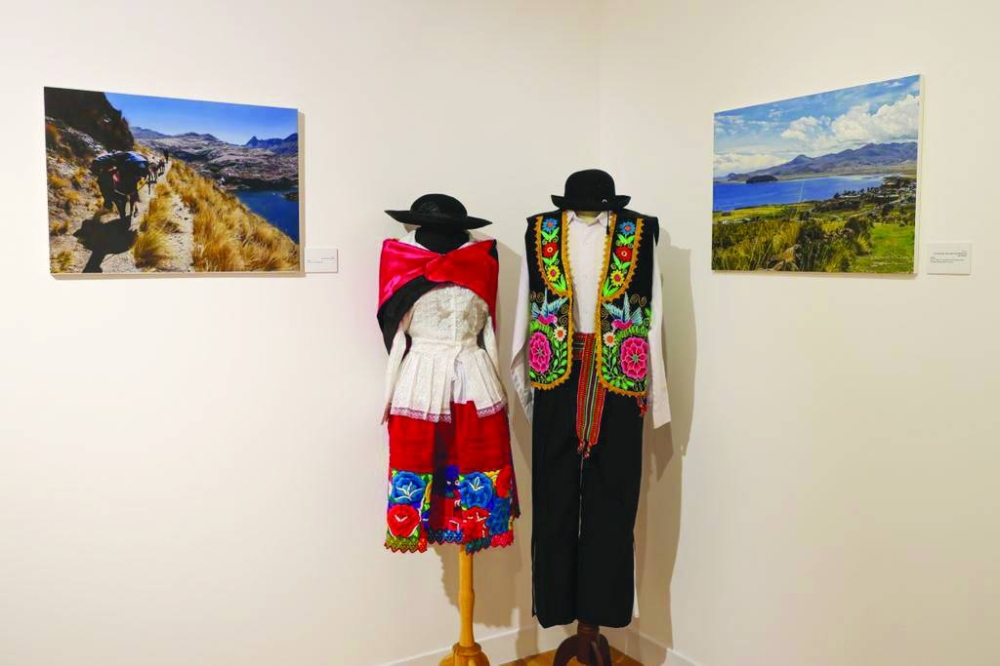Katara - The Cultural Village has opened 'Qhapaq Nan: The Great Inca Trail,' exhibition which will run until June 15 at Building 47.
Organised by Katara in collaboration with the Embassy of Peru in Qatar, it showcases 32 photographic panels inspired by the diverse natural landscapes and rich culture of Peru.
The opening was attended by Katara’s deputy director-general and human resources director Saif Saad al-Dosari, Ambassador of Peru Jose Benzaquen Perea and other diplomats and dignitaries.
Ambassador Perea gave a speech highlighting the breathtaking beauty, captivating natural landscapes, and illustrious history that make Peru a distinctive tourist destination. He stressed the grandeur of the Inca civilisation, an ancient empire built by the Inca people in South America, which encompassed the lands of Bolivia, Peru, Ecuador and parts of Chile and Argentina.
He also pointed out the significance of the Inca Trail in fostering communication between people and civilisations, commending the efforts of co-operation between Katara in bridging the culture of his country with various cultures. He said that Katara serves as a meeting point for people and cultures.
The Great Inca Trail is one of the most important human creations for enjoying the diverse natural landscapes in the Andes Mountains and its different environmental levels. It is an official road system that not only connected villages in different regions but also created a comprehensive interaction and dynamic of social, economic, cultural, technological, political, and ideological values, among other things.
This complex road system, known since the 16th century as the 'Royal Road,' was the backbone connecting the inhabitants of Tawantinsuyu and the provincial centres administered from the city of Cusco, the centre of the world. Four roads branched out from this city towards the four suyus regions enabling this integration.
After approximately five centuries, the 'Royal Road' is still used by many people in the Andean region for communication and preserving the many traditions associated with their knowledge and ancestral practices, the envoy added.
